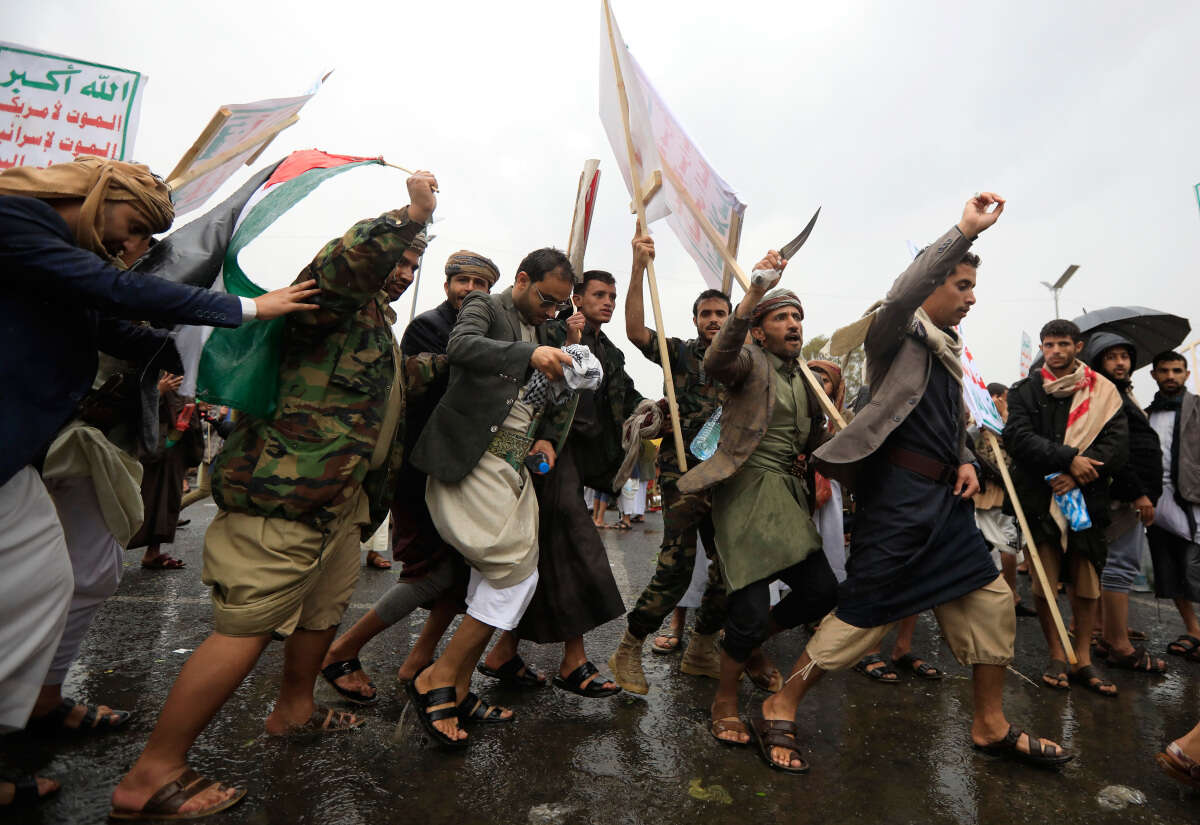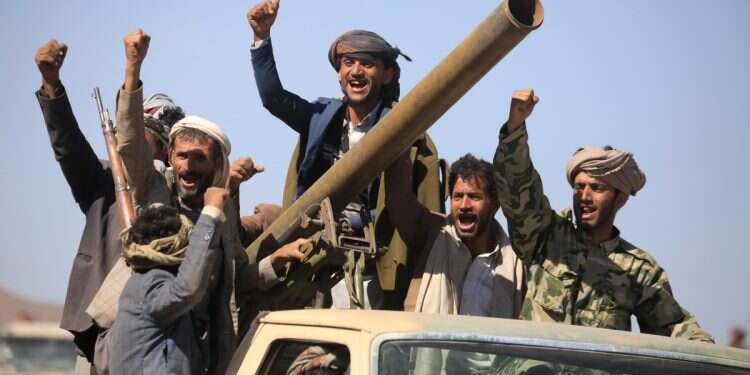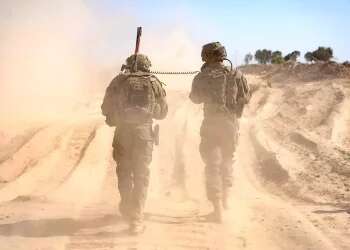Western media has once again demonstrated its lack of credibility when reporting on events in the Middle East. The editorial standards over the past few weeks have been abysmal, whitewashing and empowering terror groups like Hamas.
In just the last week, major media outlets have vilified Israel in their headlines, reporting that Israel killed five journalists in a strike targeting an "armed group" or that it arrested doctors at Kamal Adwan Hospital. These portrayals frame Israel as a heartless, evil state targeting humanitarians and innocents while completely ignoring the context: Hamas routinely uses civilian areas and infrastructure, such as hospitals, as shields for its operations and propaganda. This biased framing shifts blame and fuels narratives that obscure the complex realities of the conflict.
Particular attention has been drawn to Kamal Adwan Hospital's director, Colonel Hussam Abu Safiya, who has been featured by major media outlets and humanitarian NGOs. Abu Safiya, along with 240 others, was arrested by Israel and is currently being interrogated. What is not being clearly reported is that Abu Safiya is suspected of being a Hamas operative. Evidence suggests the "doctor" has close ties to Hamas, with grenades, guns, ammunition, and other military equipment found in the hospital. Furthermore, of the 240 arrests, at least 15 individuals are believed to have infiltrated Israel and participated in the October 7 massacre.

While Abu Safiya may work as a pediatrician, his professional title is irrelevant when multiple Hamas-affiliated outlets refer to him as a "colonel" and when his social media shows support for the October 7 attacks. Anyone familiar with Hamas's operations in Gaza knows that if the group uses a hospital as a military base, it is highly likely that doctors and hospital directors are also members of the terror organization. Yigal Carmon, president of the Middle East Media Research Institute (MEMRI), summarized it best: "Hamas leaders are not uneducated thugs. They are at the top of their society and highly educated idealists, but their ideal is to annihilate the Jews."
Osama Bin Laden was an engineer, but that is not how he is remembered or described – because his identity as a terrorist who orchestrated one of history's worst atrocities defines him. Similarly, Hamas operatives don't list "doctor" or "journalist" on their résumés, so why are media outlets failing to call them what they are?
The American Psychological Association has studied the implications of using terms like "terrorism" and how accurate language shapes perceptions and policy. Media outlets' refusal to label these Hamas operatives as terrorists is not just misleading – it is dangerous. Words matter, and misrepresenting the situation harms those most affected by these terror groups.
Kamal Adwan Hospital was an official Hamas facility. Its former director openly admitted to being a Hamas general, explaining that the terror group uses the hospital as a sanctuary because they know it will shield them from retaliation. Any media outlet failing to report this is not just omitting facts but actively fabricating the narrative and misleading the public about Hamas's systematic use of civilian infrastructure for military purposes.
Calling terrorists what they truly are strips away their ability to masquerade as humanitarians or heroes – something Hamas has perfected. Precision in language is not just a matter of accuracy; it is a matter of justice.




